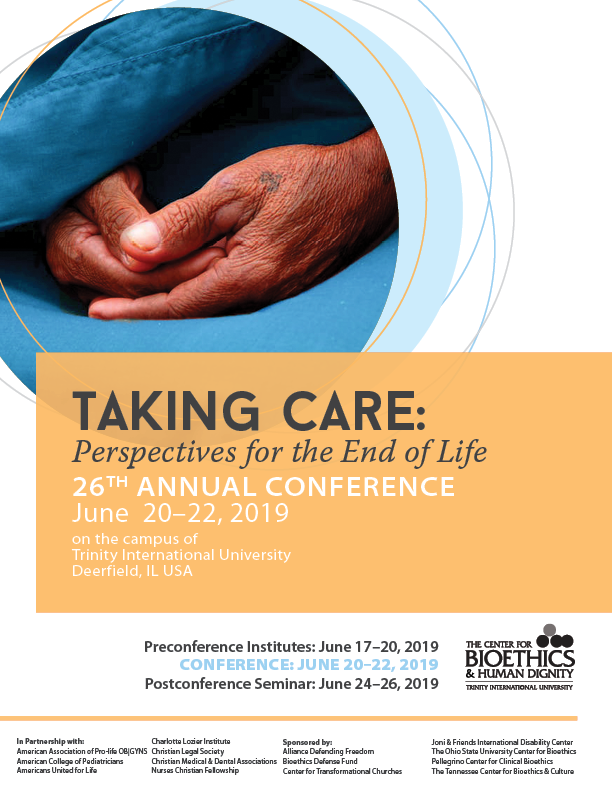
Contemporary bioethics in Western society has largely abandoned the underlying Judeo-Christian heritage that provided the ideological foundations for human equality and the inherent value of life. In its place, a new popular ethic has emerged amongst a generation of clinicians that is built on the three pillars of secularism, individualism, and existentialism. Consequently, the notion of what constitutes a valuable life is built without reference to the divine, the wider community, or meaning outside personal wellbeing and desire. In this vein, the lives of many children with disabilities are deemed of lesser value. Ending life in the young is increasingly favoured, whether through the ongoing Canadian conversation regarding pediatric euthanasia or through passive means of withdrawing life-sustaining treatments. This paper sketches an overview of how this predominant bioethical framework has emerged. Secularism is examined as both a philosophical and sociological phenomenon, drawing on the work of Peter Berger and the idea of subtraction stories by Charles Taylor. Individualism is explored through its ideological heritage alongside ongoing economic and technological developments. Finally, the rise of existentialism is explored as an increasingly prominent philosophy in medicine. This genealogy emphasizes the construction that was necessary to create the contemporary framework and the inherent non-neutrality of modern medicine. Each idea is subsequently critiqued and contextualized from within the same framework of medicine that emphasizes patient-centered care. The Christian worldview is contrasted as providing the most robust foundation to valuing and caring for patients.